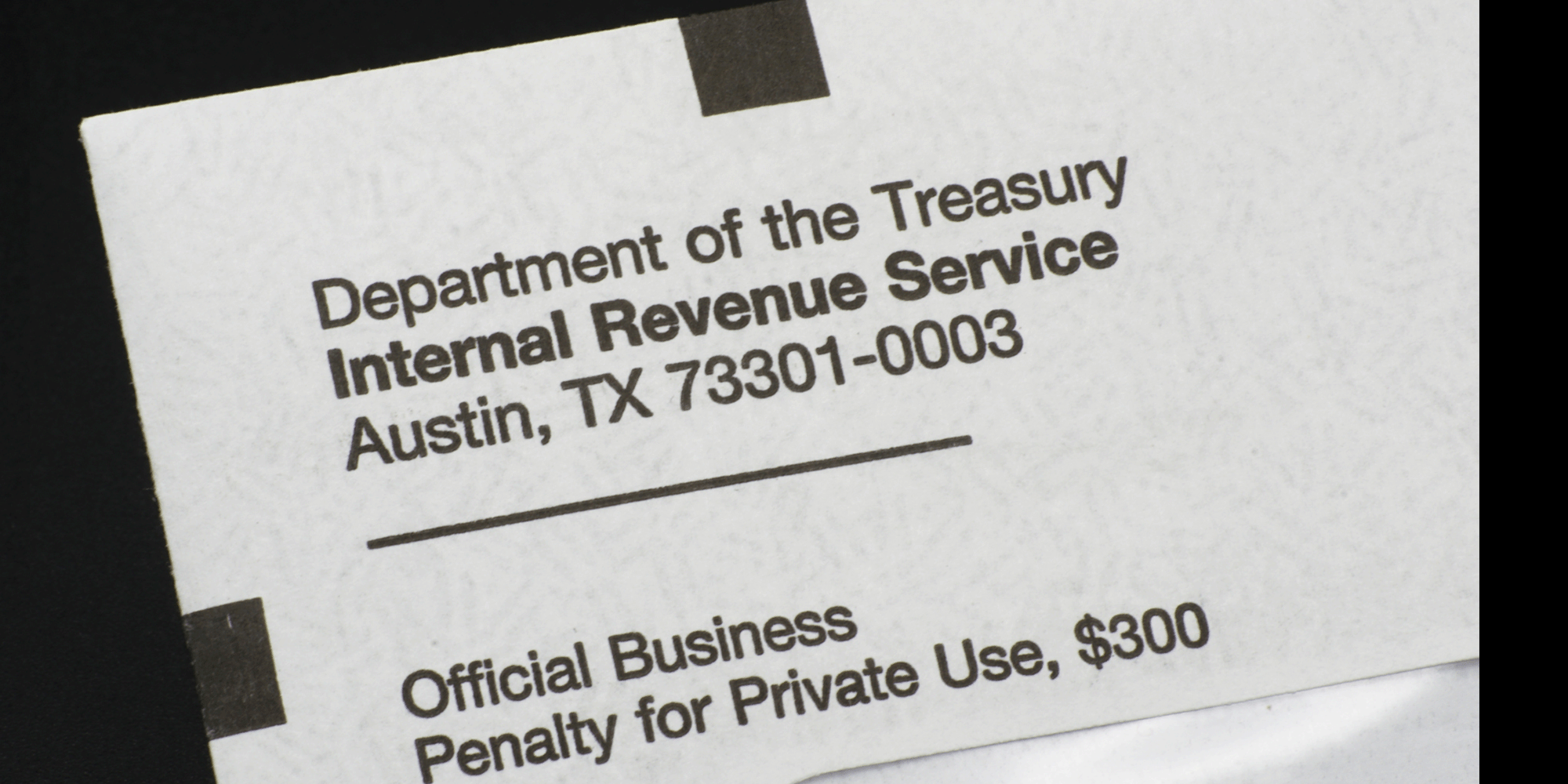Can You Compromise a Collected Payroll Tax?
In order to maintain a successful business, it is important to comply with all state and federal tax laws. This includes paying your payroll taxes on time and in full. What happens if you can't pay? Can the government come after you for the money? In this article, we will explore an offer in compromise as an option available to business owners who are struggling to meet their payroll tax obligations.
What's An Offer In Compromise?
An offer in compromise (OIC) is an agreement between a taxpayer and the IRS that settles the taxpayer's tax liability for less than the full amount owed.
An OIC may be available to business owners who are unable to pay their payroll taxes in full. The IRS will consider your financial situation, including your current income and assets when deciding whether to accept your offer.
How Does The Process Work?
The process for submitting an offer in compromise is relatively simple. You can submit the offer online, by mail, or in person. You will need to complete Form 433-A (OIC) and provide detailed information about your assets and income. The IRS will review your offer and may request additional information. If your offer is accepted, you will be required to pay the agreed-upon amount immediately.
What's A Collected Payro Tax?
A collected payroll tax is a tax that has been assessed by the IRS against an employer. The employer is responsible for paying the tax, and may be subject to penalties and interest if the payment is late. A collected payroll tax includes both federal and state taxes.
Can You Compromise A Collected Payroll Tax?
Yes, you can compromise a collected payroll tax. The IRS will consider your income and assets when deciding whether to accept an offer in compromise. You must provide detailed information about both of these items on Form 433-A (OIC). This includes:
- Any assets you own, such as real estate or vehicles.
- Your monthly income (including salary and wages).
- Your monthly expenses (including rent and utilities).
The IRS will want to evaluate the following basic facts and circumstances about your company before making a determination on your offer in compromise:
- The amount of payroll tax owed.
- How long the taxes have been outstanding.
- Your ability to pay the full amount by the time it is due (usually within three years).
If you cannot pay off all of these taxes within that period, then an OIC could be considered as an alternative.
How To File For An Offer In Compromise?
Filing for an offer in compromise is a simple process. You will need to fill out Form 433-A (OIC), which can be found on the IRS's website, and submit it either by mail or online. If you choose to file electronically, please note that there will be an additional fee for submitting your form via their website.
The IRS requires you to submit all the required documents with your offer in the compromise application, including copies of bank statements for each account listed on Form 433-A (OIC). This is because they need proof that you have enough money available to pay off your tax debt.
When submitting your offer, you should also include a detailed explanation of why you are unable to pay the full amount. This could include information about recent changes in your business (such as reduced sales or closed locations), medical expenses, or other debts that have taken priority over your payroll taxes.
How Exactly Will An Offer In Compromise Help You Compromise A Collected Payroll Tax?
If you submit an offer in compromise, the IRS will review your financial situation and may agree to accept a payment that is less than the full amount owed. This can help business owners who are struggling to meet their payroll tax obligations.
When submitting an offer in compromise, it is important to provide accurate information about your income and assets. The IRS will review this information and may request additional details, such as bank statements or pay stubs. If your offer is accepted, you must immediately pay the agreed-upon amount. Business owners who are struggling to meet their payroll tax obligations should consider submitting an offer in compromise.
Beware, Offers In Compromise Are Hardly Approved, But We Can Help You
The IRS is notoriously hard to deal with, and many offers in compromise are not approved. If you're serious about submitting an offer in compromise, it's best to consult a tax professional who can help you meet the requirements of this process.
Our agents are in good standing with the IRS and can help you submit an offer in compromise that has a better chance of being approved. Contact us today for more information.
If you have any questions or need more information on OIC, fee waivers, installment agreements, or any other tax issue please give us a call we will be happy to help.
Call me: (678) 641-3193
Posts by Tag
- tax problems (49)
- tax services (41)
- How the IRS Works (40)
- Resolving tax debt (38)
- Offer in Compromise (17)
- Tax News (14)
- 2023 Taxes (12)
- filing deadline (7)
- Tax Relief (6)
- Tax Preparation (5)
- 2020 taxes (4)
- Tax Advice (4)
- Avoiding an Audit (3)
- IRS Final Notice (2)
- Save Money (2)
- Estate Planning (1)
- Prior year returns (1)
Recent Posts
Popular Posts
Where's My Refund?
Just wanted to give you a...
An Offer-in-Compromise (OIC) is an agreement...
IRS IS CRACKING DOWN
The IRS has made it...

